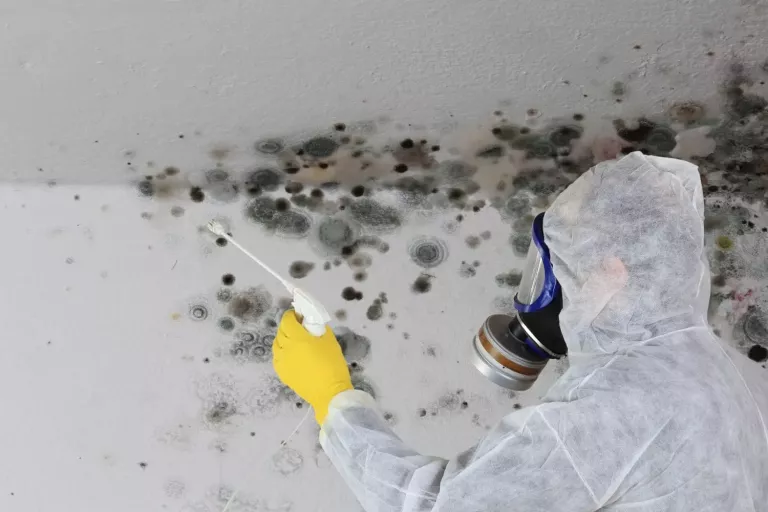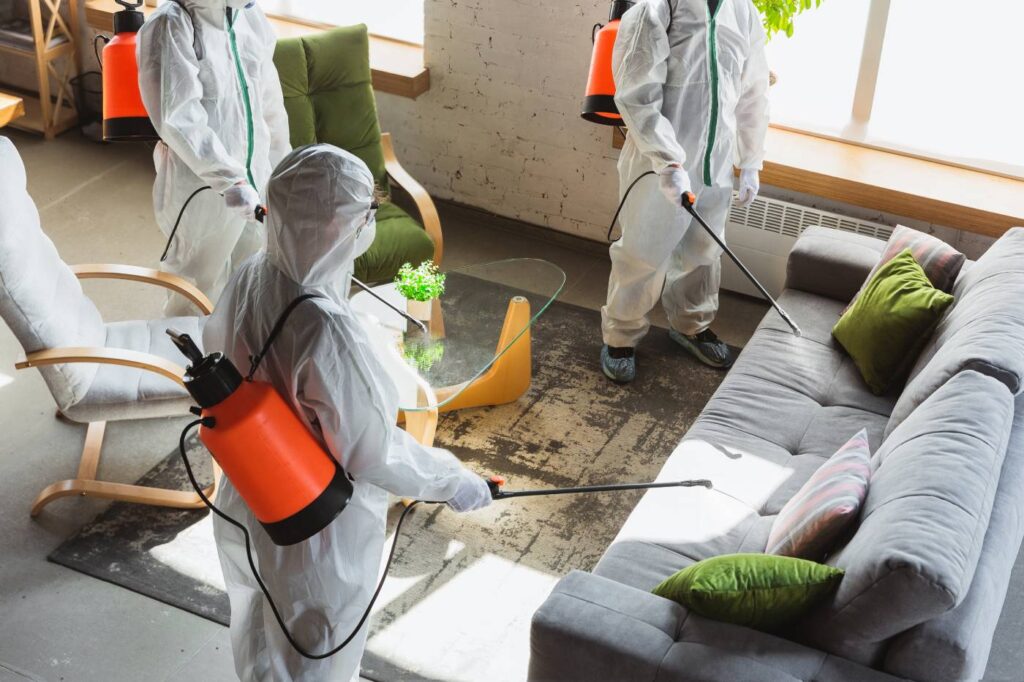Top Mistakes to Avoid During Mold Remediation

Mold is one of the most common and yet underestimated threats to indoor environments. It thrives in hidden corners, behind walls, under flooring, and even within HVAC systems. What makes mold particularly dangerous is how quietly it can grow and spread, all while compromising air quality, structural integrity, and most critically, human health. For homeowners and business owners in areas like San Clemente, Ladera Ranch, San Juan Capistrano, Dana Point, Las Flores, and Coto de Caza, investing in professional mold inspection and testing services is not just a precaution—it is a necessity. Mold assessment is the first step toward understanding the extent of contamination and creating an action plan to remove it efficiently and safely.
Mold assessment is more than a simple visual check. It is a thorough evaluation of your property to detect moisture intrusion, microbial growth, and environmental conditions that support mold development. During this process, certified experts conduct detailed inspections using advanced tools such as infrared cameras, hygrometers, and moisture meters to identify areas of concern. In most cases, mold sampling is conducted to determine the type and concentration of mold spores in the air or on surfaces. This is followed by lab analysis, helping experts craft tailored solutions for remediation. By performing a mold assessment early—especially after water damage or persistent humidity issues—you gain control before the problem escalates into costly repairs or serious health concerns.
Once mold has been identified, mold remediation becomes the next crucial phase. Mold remediation is not just about cleaning visible mold. It involves isolating affected areas, removing contaminated materials, and treating surfaces to prevent regrowth. Our expert team in San Juan Capistrano and nearby regions uses industry-grade air scrubbers, HEPA vacuums, and antimicrobial treatments to fully address the issue. Whether the mold is behind drywall, under flooring, or embedded in attic insulation, our technicians work meticulously to eliminate it at the source. Mold remediation is especially important for families with children, seniors, or individuals with respiratory conditions, as exposure to mold spores can trigger allergic reactions, asthma attacks, and other chronic issues. Our focus is not only to restore your property but to protect the health of everyone who occupies it.
It’s important to understand the difference between mold removal and mold remediation. While mold removal refers to the act of physically eliminating visible mold, remediation is a more comprehensive process that ensures long-term prevention. Mold spores are naturally present in the air, and complete eradication is unrealistic. However, controlling the environment—humidity, ventilation, and material integrity—is what keeps future outbreaks from occurring. This is why we offer complete mold inspection and testing services in Las Flores and Coto de Caza. With the help of detailed assessments, we target the underlying causes such as roof leaks, plumbing issues, or poorly ventilated spaces, offering both immediate resolution and future peace of mind.
A professional mold inspection plays a vital role in determining whether remediation is required and which strategy to follow. During a mold inspection, our certified specialists examine visible and non-visible mold indicators. In areas like San Clemente and Ladera Ranch where coastal humidity is common, mold growth can be subtle and widespread. Our inspectors gather mold samples for laboratory analysis, assessing whether the species present are toxic or allergenic. Based on this data, we generate a comprehensive report that outlines contamination levels, affected zones, and recommended actions. This is especially valuable for property owners, landlords, real estate transactions, and businesses looking to maintain health compliance standards. Mold inspection and testing services help clarify the scope of work needed and support insurance claims or remediation warranties.
For residents and businesses searching for reliable mold remediation near me, our team is committed to delivering excellence across every service we offer. From residential mold removal to commercial mold remediation projects, we bring years of expertise, cutting-edge tools, and a deep understanding of regional environmental conditions. We know that time is critical when mold is involved. That’s why we offer prompt response, professional mold sampling, and accurate testing near you in Las Flores and surrounding communities. Whether you’ve recently experienced water damage, noticed a musty smell, or simply want to ensure your property is safe, now is the time to act. Our Mold Remediation and cleanup services are designed for quick execution and long-lasting results. With First Choice Mold Remediation, you’re not just hiring a service—you’re gaining a partner in safeguarding your property’s health.
Conclusion:
Mold is not something to ignore or handle on your own. Its silent growth and potentially harmful effects make it essential to seek professional help. From thorough mold assessments and detailed inspections to reliable mold sampling and expert remediation, every step in the process is designed to restore safety and comfort to your home or workplace. Our team proudly serves San Clemente, Ladera Ranch, San Juan Capistrano, Dana Point, Las Flores, and Coto de Caza, delivering top-tier mold inspection and testing services you can trust. Don’t wait until mold becomes a visible problem. Contact us today to book an appointment and take the first step toward a cleaner, healthier, and safer environment.



